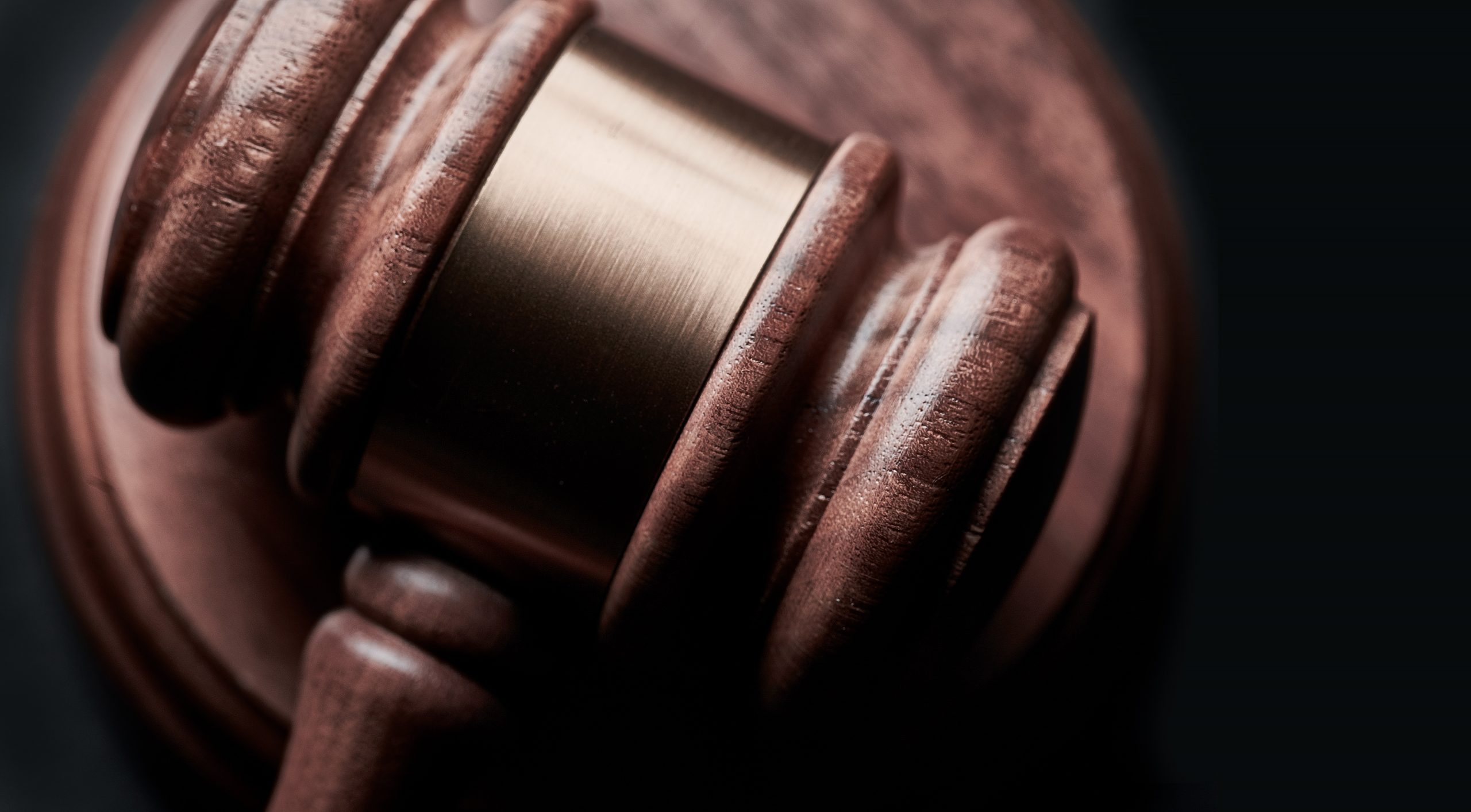Filed under: Critique, Police, The State

A critical look at the nature of policing and courts in our society in the context of the Breonna Taylor case.
Let’s be honest. If you didn’t see this coming, you need to get your eyes checked.
Police in the United States of America are not subject to the American justice system any more than a cult leader is bound by the rules of the cult. We can explain this simply through material analysis without resorting to idealism or chauvinism. To put it simply, “Justice” system workers are not in the business of producing equity or actual justice. They may or may not individually believe in equity and justice, and these things may sometimes be an outcome of their work, but they are not the goal. These individuals act as the enforcement arm of the State, and the State exists to mediate class conflict in order to preserve capitalism and reproduce social relations. The job is to protect the haves from the have-nots. Any and all gestures toward equanimity, “law,” or a “constitution”— no matter how sincerely they may be meant by individual people within the so-called justice system — serve the mechanistic purpose of producing consent.
In fact, the entire court system serves this purpose. The core of capitalist law enforcement is police and prisons. Courts are nothing but a ritual. A decoration. An overwhelming majority of US prisoners never meaningfully engage with the court system at all. Instead they are heavily pressured to plead guilty, under the false claim that they would stand no chance in court and would receive a harsher sentence for wasting everyone’s time with a trial. Only 5% of convicted felons ever receive a trial, as is shown by this report on state sentencing from 2002.
One implication of these facts is that law enforcement officers have a far higher standing within the State than lawyers or any other officer of the court. The courts could be gotten rid of by an authoritarian (and have been for certain offenses, as in the case of the PATRIOT Act) without the system collapsing; whereas, without police = capitalism could not exist. This is vital for understanding why police are so rarely charged or convicted
They simply have more power within the system than officers of the court do and can effectively use that power to prevent officers of the court from crossing them. A prosecutor who tries to go after a corrupt cop might find themselves retaliated against professionally. They need the police in order to be able to effectively do their jobs. Police don’t need prosecutors nearly as much. The same is true for medical examiners, defense attorneys, clerks, and every other position within the court system. This will inevitably lead to the present outcome, in which police cannot be held not accountable through conventional legal processes. And importantly, since the Law itself is just another part of the ritual, the problem cannot be reformed by passing new laws. Any law, no matter how radical or creative, will simply be incorporated into the existing incentive structure.
These conclusions should be troubling, even to the police themselves.
See, the State’s claim to a monopoly on legitimate violence doesn’t work if there exists a visible class of people who are obviously exempt from the threat of State violence. If people accept that a particular group of people are exempt from state violence— and there’s only so long we can be fooled into believing otherwise— then anger will only continue to grow. Bluntly, police cannot be popularly seen as above the law without also being popularly seen as unprotected by the law. If illicit behavior by police cannot be remedied through the legal processes, than resistance on the streets will only continue to grow.
Cover photo: Bill Oxford on Unsplash.





